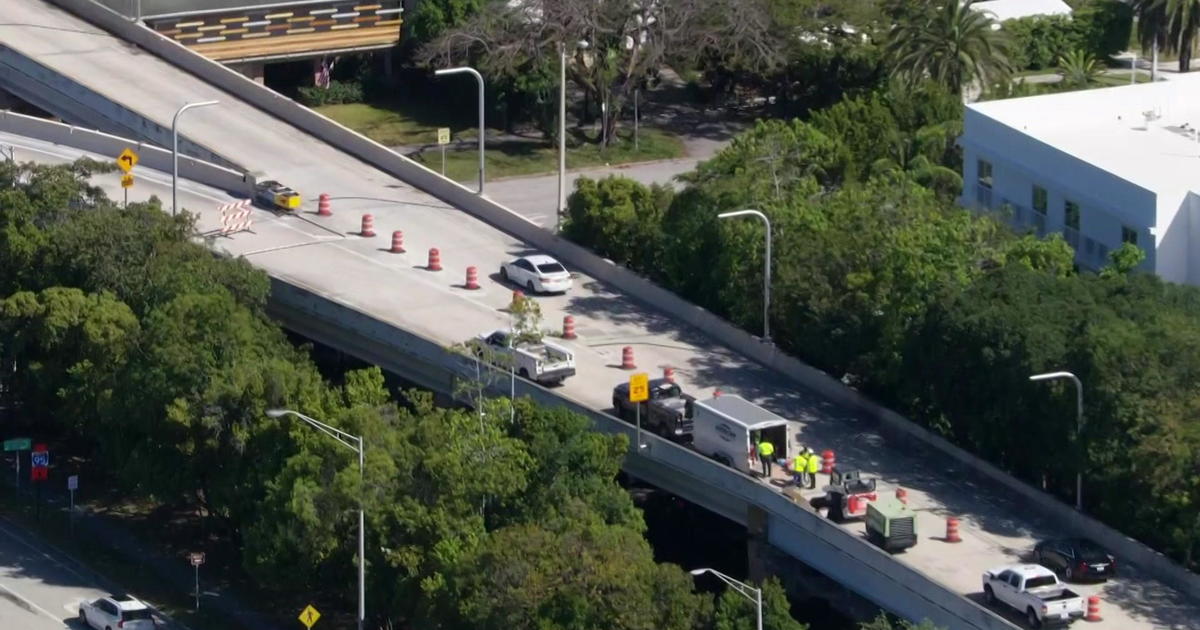Lawmakers Approve Needle-Exchange Program In Miami
Follow CBSMIAMI.COM: Facebook | Twitter
TALLAHASSEE (CBSMiami/NSF) -- Pointing to a high rate of new HIV cases in South Florida, the House on Wednesday gave final approval to a bill that would create a pilot needle-exchange program in Miami-Dade County.
The 95-20 vote came after repeated attempts in recent years to approve such a program, which supporters say would help prevent the spread of infectious diseases among intravenous drug users. Senators voted 37-2 last week to approve the bill (SB 242), and it is now ready to go to Gov. Rick Scott.
During a lengthy floor discussion Wednesday, supporters said the bill can help with outreach to people who have drug addictions, including providing information about treatment services.
"We can provide clean needles, a smile and offer to help," said Rep. Cary Pigman, an Avon Park Republican who is an emergency physician. "Maybe we can bring a life up from that pit of darkness and sadness that is addiction."
The bill, spearheaded by Rep. Katie Edwards, D-Plantation, and Sen. Oscar Braynon, D-Miami Gardens, would lead to the University of Miami operating a program that would allow drug users to swap used needles and syringes for clean needles and syringes. The pilot would expire in 2021 and would be funded privately without state or local tax dollars.
Similar bills had been filed dating back to at least 2013 but did not pass, at least in part because of concerns that lawmakers would appear to be sanctioning drug use.
But Rep. Ray Pilon, a Sarasota Republican and former law-enforcement officer, appeared to attempt to defuse such concerns Wednesday.
"This is not a bill about crime or criminals,'' he said. "This is a bill about people."
Rep. Michael Bileca, R-Miami, was the only lawmaker who spoke against the bill. In part, he expressed concerns about the needle-exchange program being operated in mobile units instead of at a fixed location. Bileca was one of 20 Republicans who voted against the bill, including two others --- Rep. Manny Diaz Jr. and Rep. Carlos Trujillo --- from Miami-Dade County.
Other lawmakers, including Edwards, defended the use of mobile units, saying that the needle exchanges must be conducted in places with the largest numbers of addicts.
In addition to curbing the spread of diseases such as HIV and Hepatitis, supporters of the bill argued that the needle-exchange program would have other benefits. For example, they said it could prevent children from accidentally stepping on discarded needles in places such as parks.
Also, some supporters said the program could lead to savings in health-care costs for the state and the Medicaid program. Rep. Bobby DuBose, D-Fort Lauderdale, pointed to high costs to the public-health system in caring for people with AIDS.
(The News Service of Florida's Jim Turner contributed to this report.)



